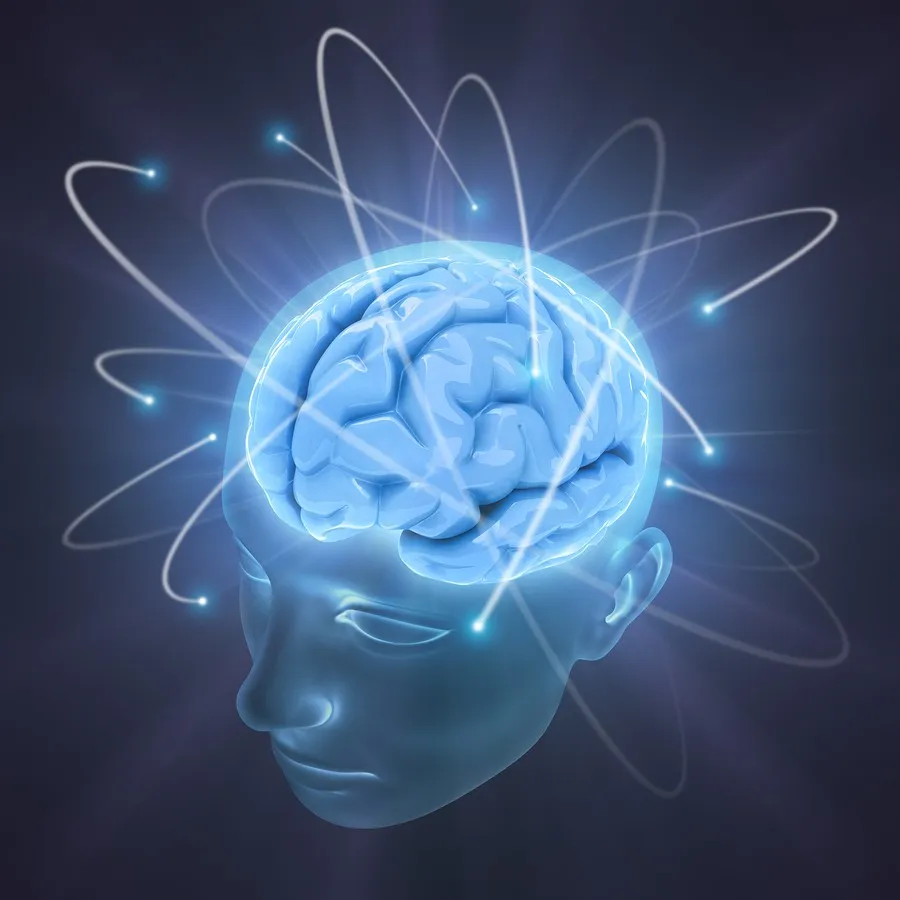
Although the growth of the Facebook site has slowed down, the amount of time spent on it has increased. Therefore, the question of whether the social network causes dependence remains open. But, staff from the University of Bergen, located in Norway, initiated several studies that determined how the social network Facebook affects the human psyche.

The results of the research are published in a journal called Psychological Reports: Disability and Trauma. Doctors have proved that the constant flipping of the social network news feed affects the human brain just like cocaine. According to doctors, in the process of implementing experiments, scientists studied the reactions of students to visual stimuli associated with Facebook.
Researchers asked 20 senior students to fill out a questionnaire that described the symptoms of addiction type that were reworked specifically for research and related to Facebook. The researchers then scanned the brain to examine the reactions of the participants while they were looking at a computer in a series of images that included Facebook logos and neutral road signs while they had to press (or not) the buttons.
Those who quickly reacted to the "irritant" in the form of emerging images in the social network, had a tendency to develop dependence on it. Images caused volunteers to activate the amygdala and striped body. This reaction is similar to the one that causes cocaine when exposed to the human body. Psychologists came to the conclusion that the addicts are characterized by a high interest in the objects that caused the disorder. Also, these people are disturbed by the functions of the nervous system.
At the same time, volunteers could stop interested in the presented images at any time and shut down social networks at will, which gives huge grounds for the fact that such dependence is treatable.